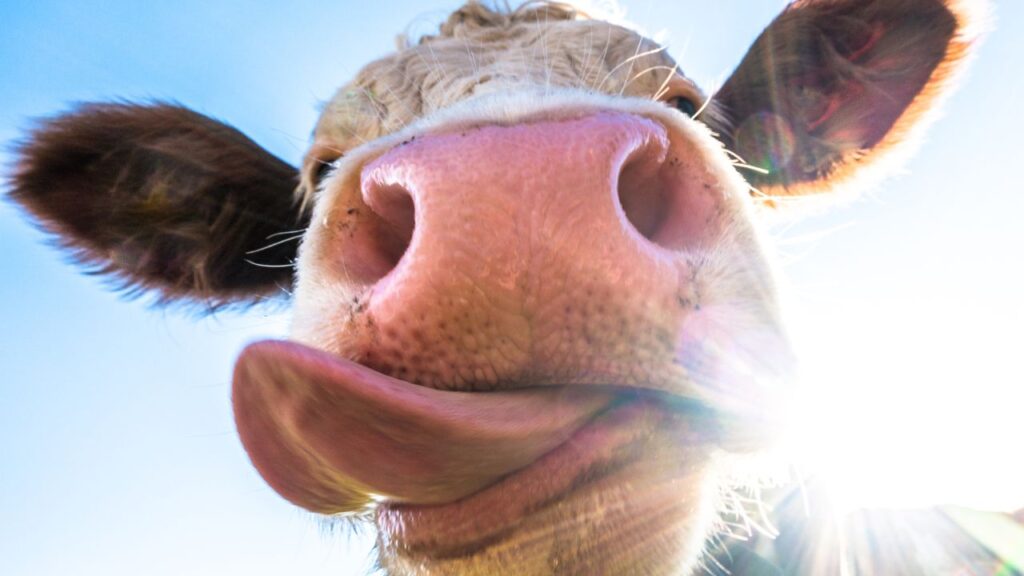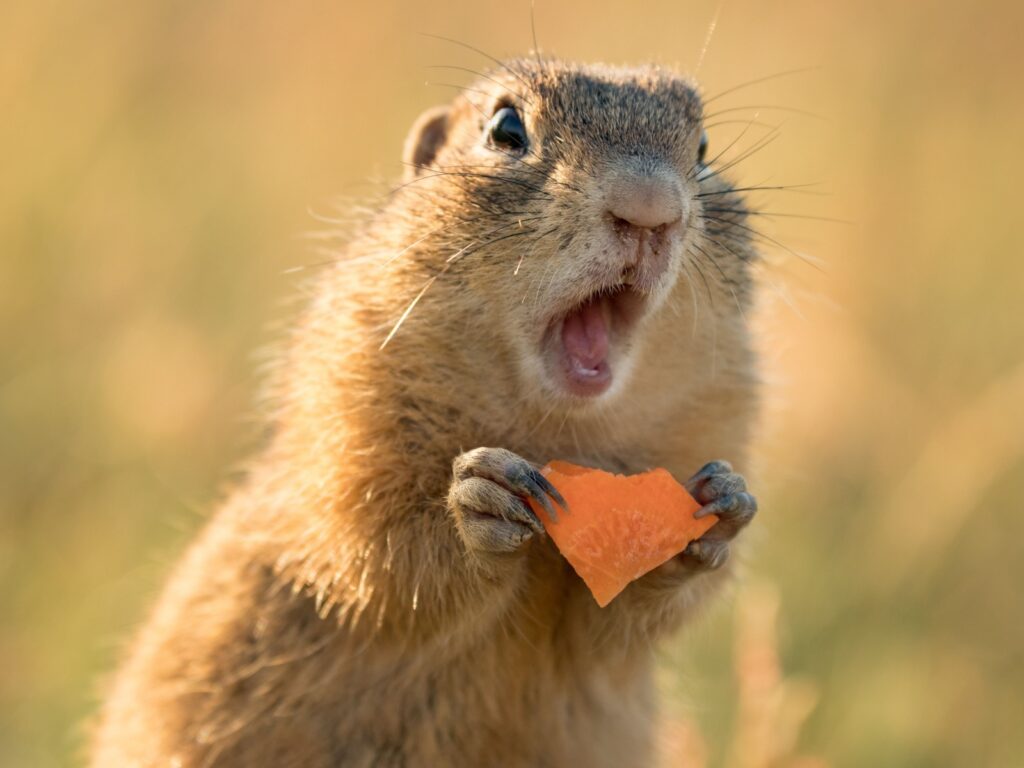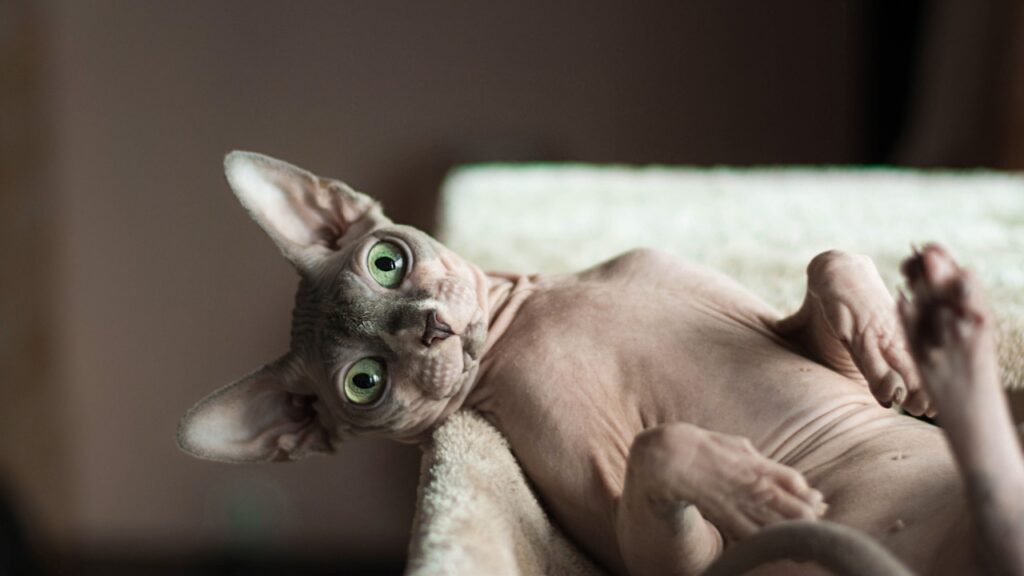The United Kingdom is home to a diverse array of wildlife, including some potentially harmful creatures. While encounters with these creatures are rare, it’s important to know what to do if you find yourself face-to-face with one of them. Here are 10 creatures native to the UK and how to handle an encounter with them.
Cows
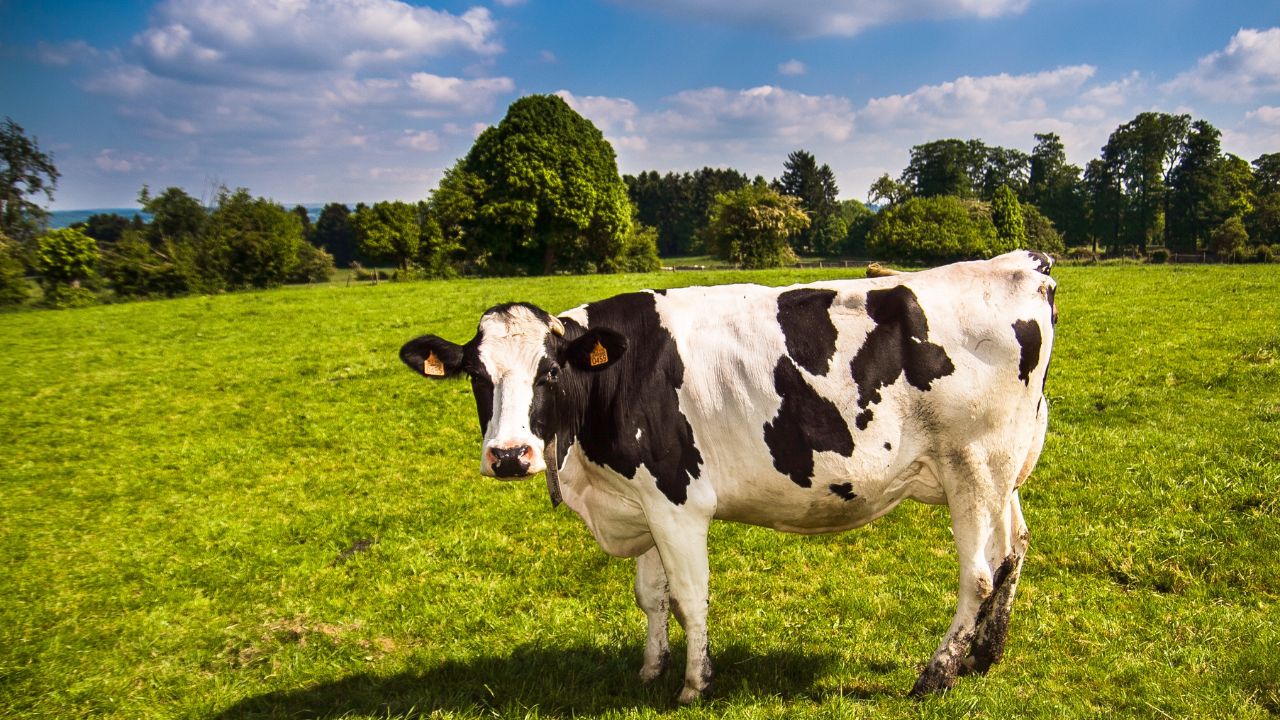
Venturing through a herd of cows might not be wise. Fast and wide bypasses are recommended. In her book “Cow Staring Forbidden!” Rachel Levin suggests maintaining a two-meter distance and avoiding direct eye contact, as cows can feel threatened.
Sheep
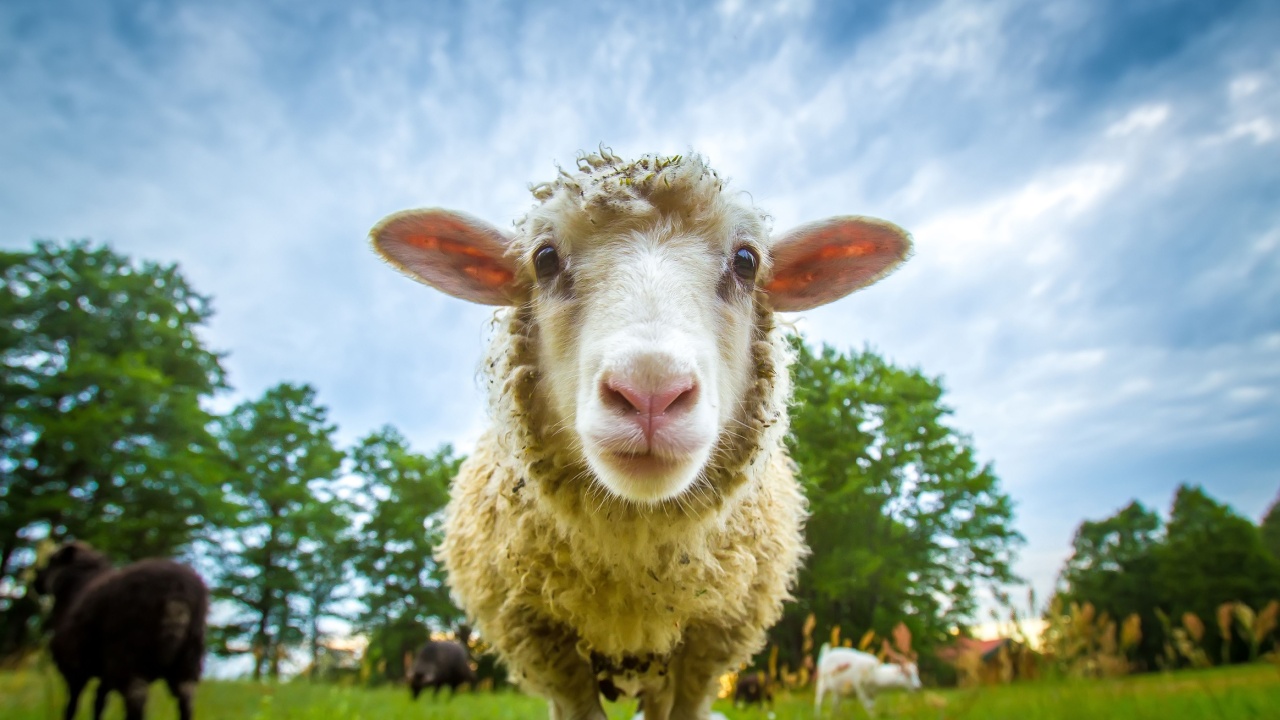
Unexpected sheep encounters should be met with calmness; cyclists, in particular, should dismount and give them space. Startling the sheep with loud noises or attempting to pet them can cause distress and potentially dangerous reactions.
Foxes
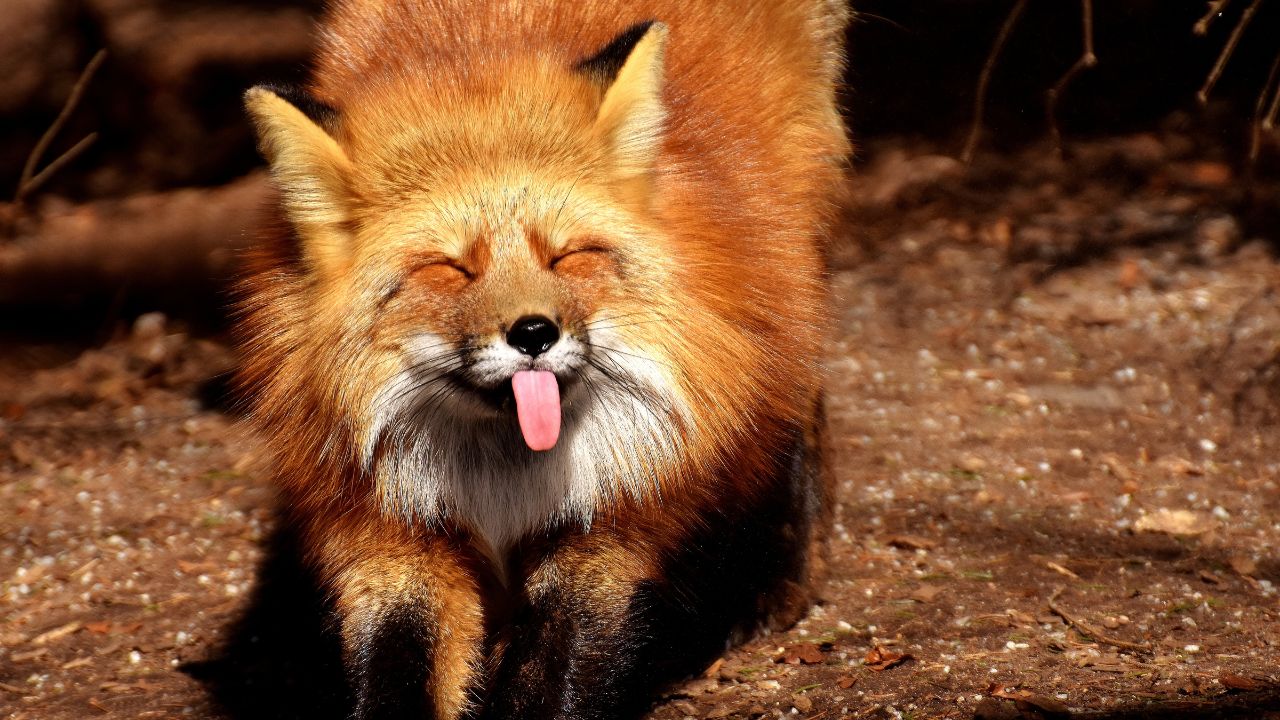
Though generally not a threat, sick foxes can pose health risks. Symptoms like poor fur condition can indicate mange mites, which are contagious. It’s crucial to keep pets leashed and maintain distance
Seagulls

Picnicking near seagulls might invite unwanted attention. While seagulls generally pose no harm, their boldness can increase with familiarity with human food. Bernd Koop warns against feeding them and advises caution near nesting sites where they may swoop to protect their young.
Adder
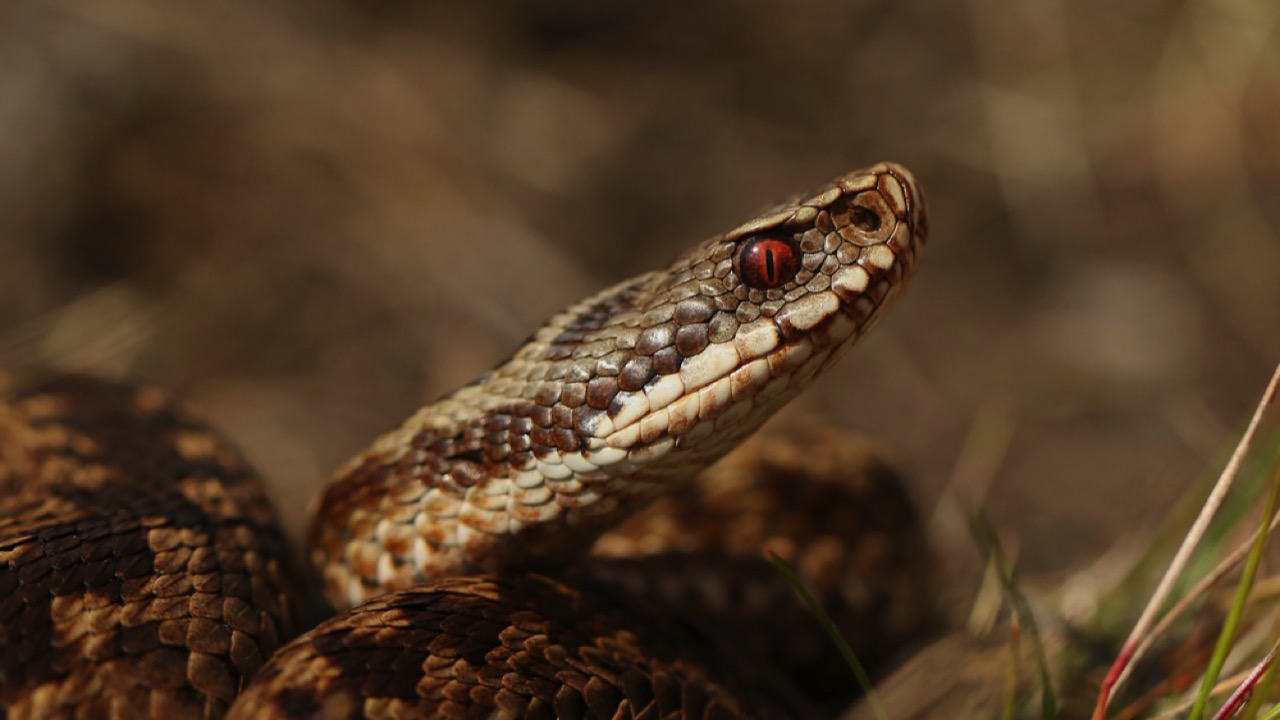
The adder is the UK’s only venomous snake. If you encounter an adder, slowly back away and give it plenty of space. Seek medical attention immediately if bitten, as their venom can cause pain, swelling, and potentially more serious complications.
Red Deer (Stags)
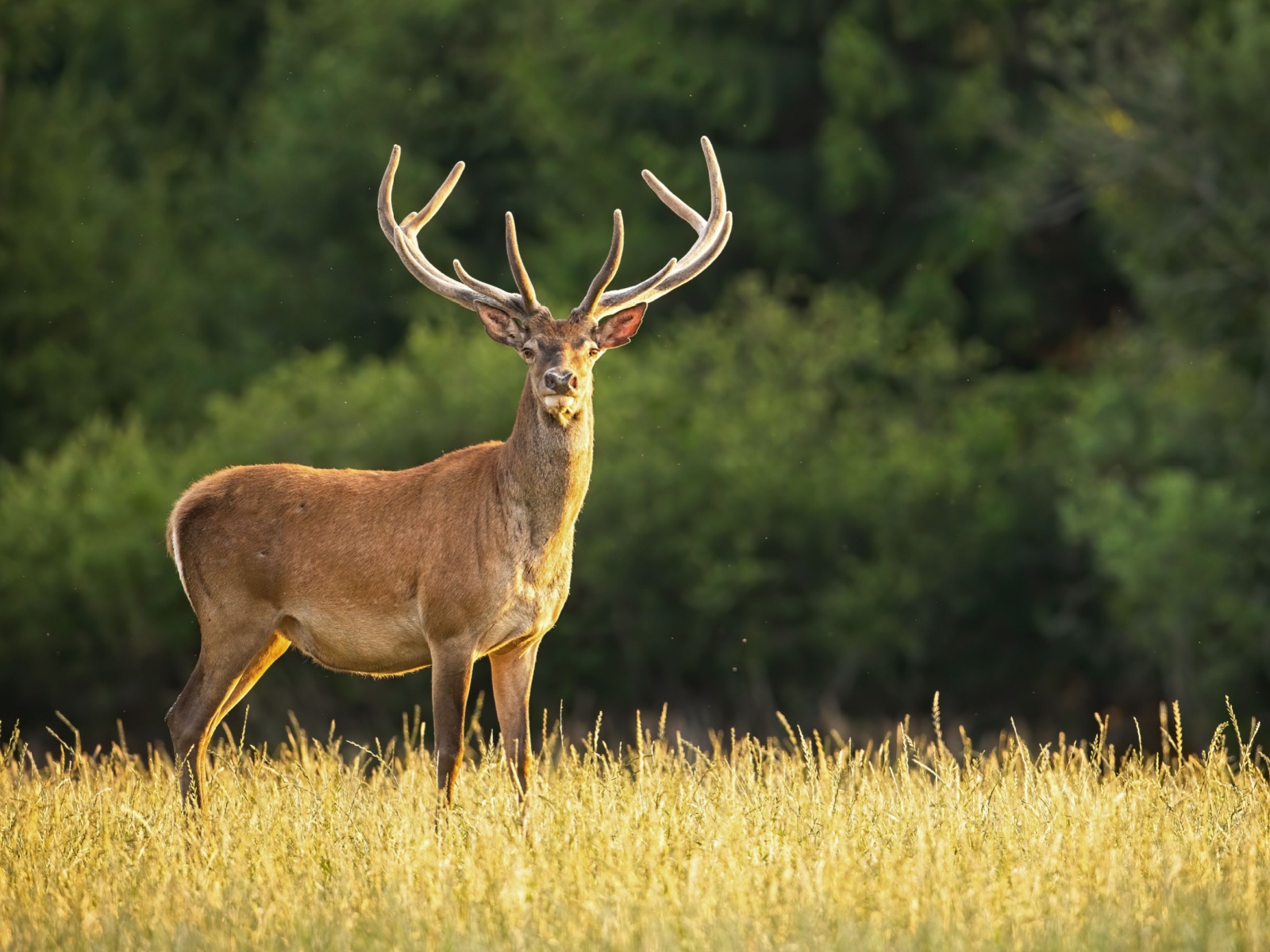
Red deer stags can be dangerous if cornered or panicked. If you encounter one, keep a safe distance and avoid sudden movements that may startle them. Slowly back away and find an alternate route.
Wild Boar
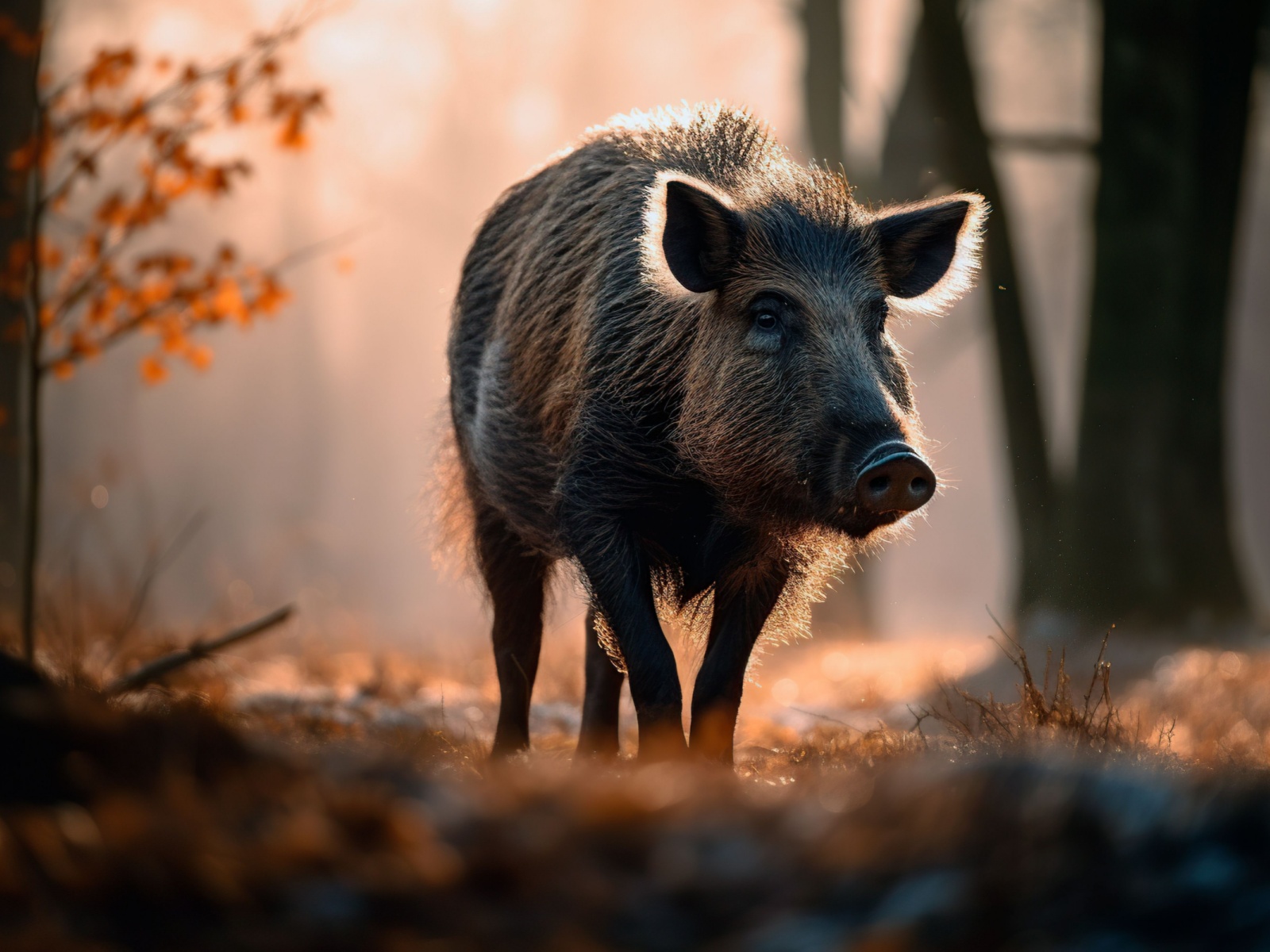
Wild boar can be aggressive, especially when protecting their young. If you come across a wild boar, stay calm and slowly back away. Climb a tree or find another safe, high ground if the boar becomes aggressive.
Bees, Wasps, and Hornets
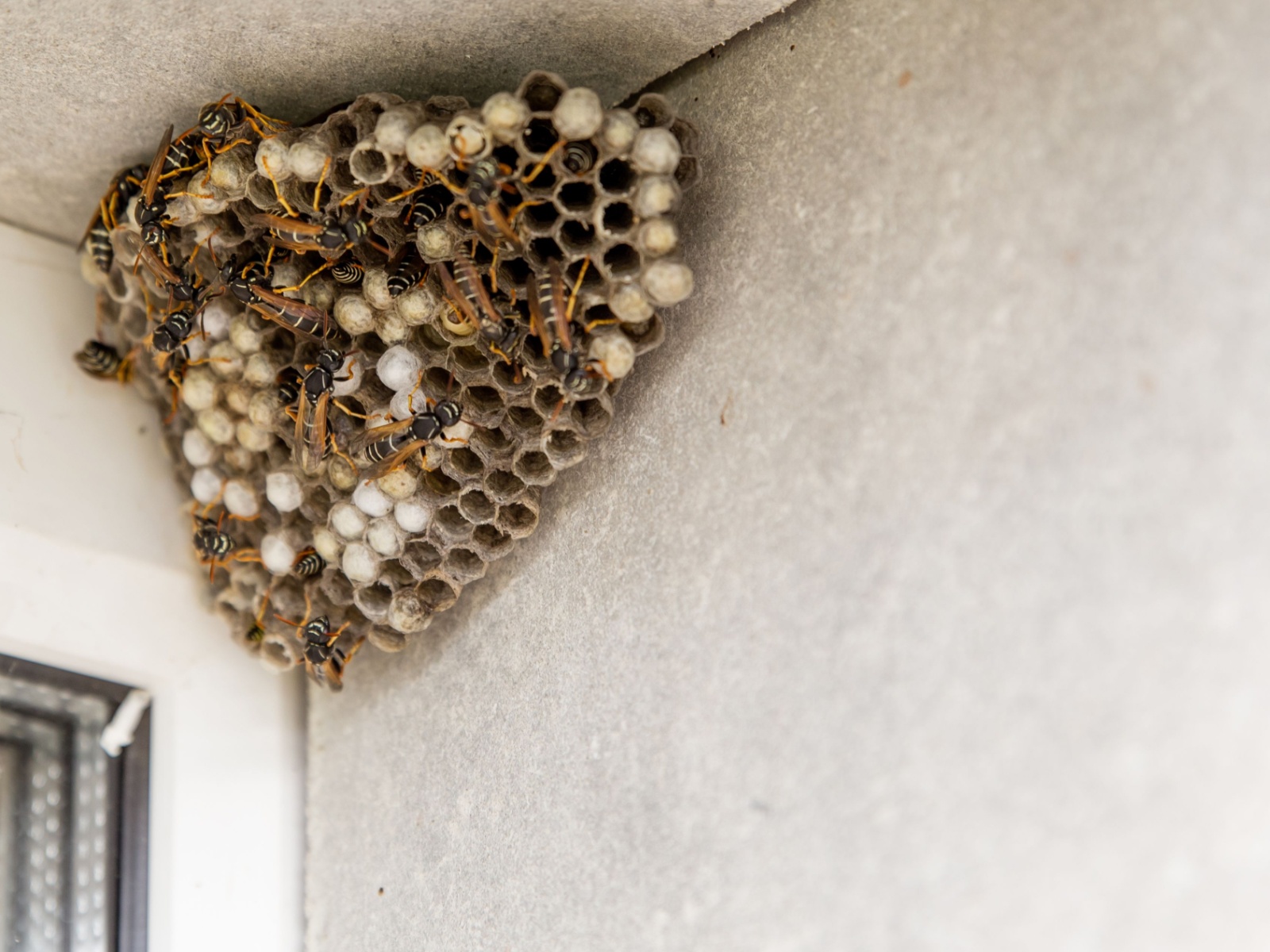
Bees, wasps, and hornets can cause painful stings, and some people may have severe allergic reactions. If you encounter a swarm or nest, stay calm and slowly move away. Seek medical attention if stung and experiencing symptoms of an allergic reaction.
Weever Fish
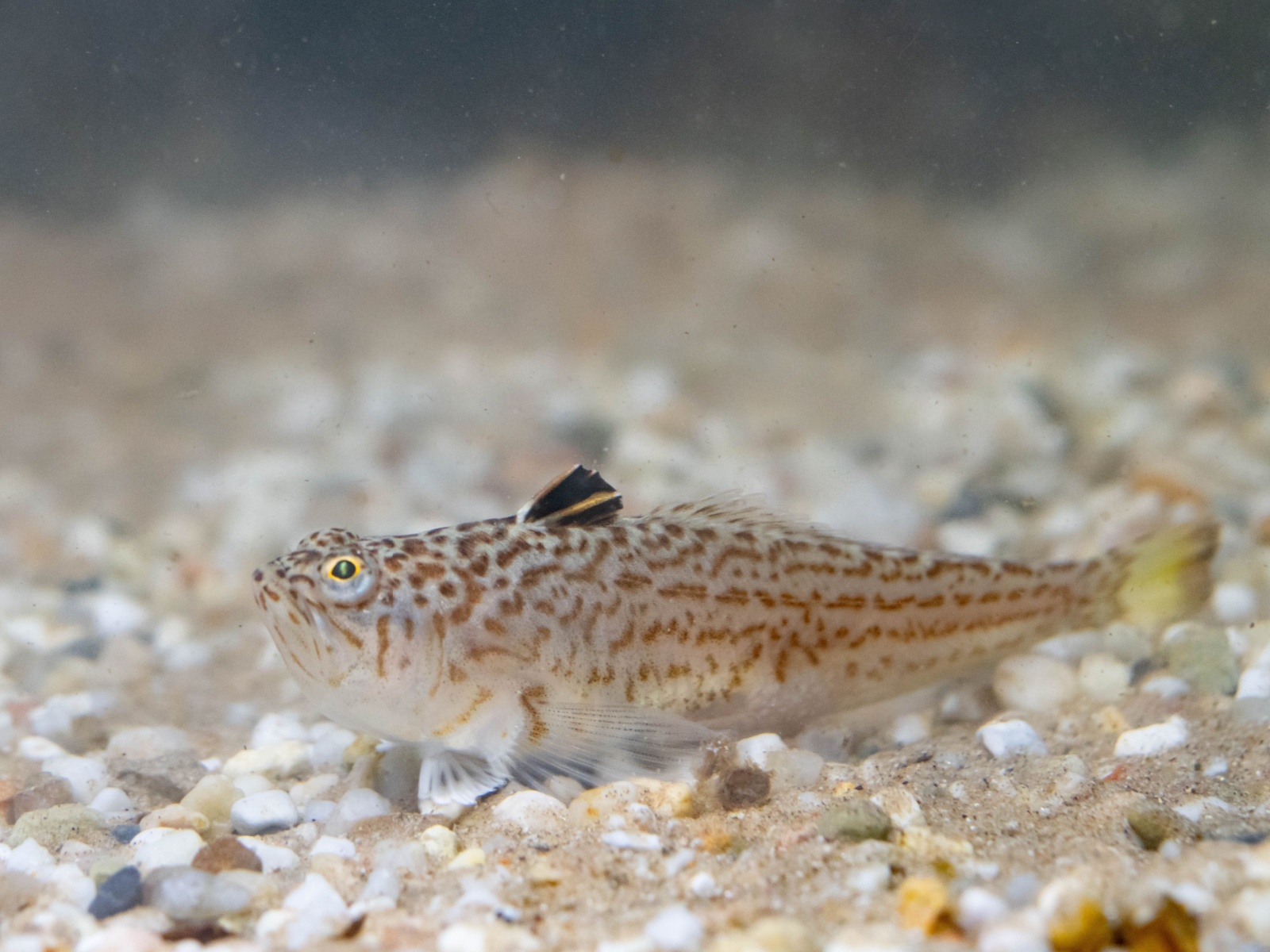
Weever fish are small, sandy-colored fish that can deliver a painful sting if stepped on. When walking in shallow coastal waters, wear protective footwear like water shoes or sandals to avoid accidentally stepping on a weever fish. If stung, seek medical attention for pain relief.
Jellyfish
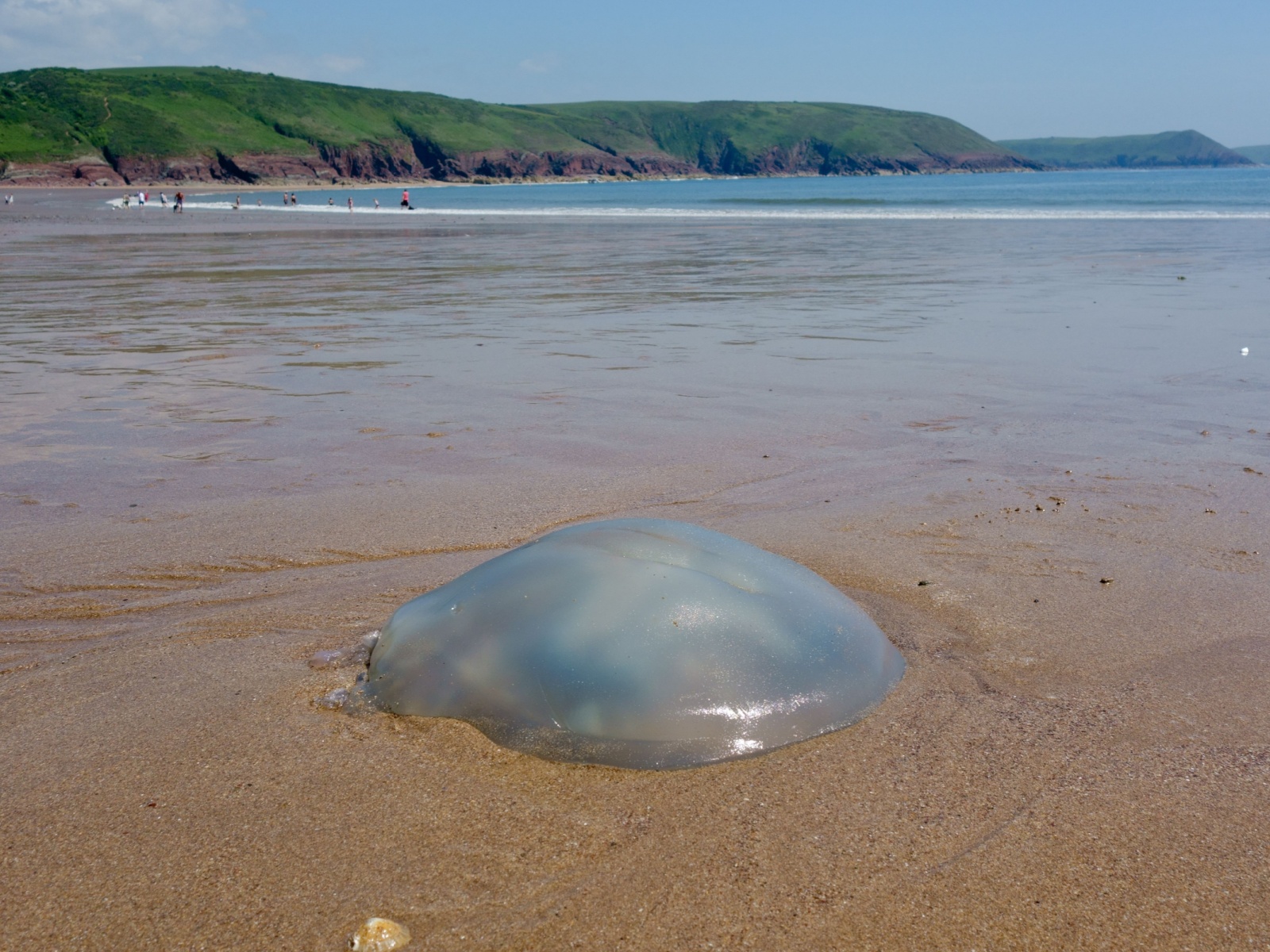
Some species of jellyfish found in UK waters can deliver painful stings. If you spot jellyfish while swimming, give them a wide berth. If stung, remove any remaining tentacles, rinse the area with seawater (not fresh water), and apply a cold pack for pain relief. Seek medical attention if symptoms worsen.
Becky is a fervent wildlife enthusiast and pet care expert with a diploma in canine nutrition. Her love for animals stretches beyond the domestic, embracing the wild tapestry of global fauna. With over a decade of experience in animal welfare, Becky lends her expertise to OutlandishOwl through insightful articles, captivating wildlife information, and invaluable guidance on pet nutrition. Her work embodies a deep commitment to understanding the intricate lives of animals and a passion for educating others on sustaining natural habitats. Becky's hands-on conservation efforts and her knack for translating complex dietary science into practical pet feeding tips make her an indispensable voice for creatures great and small.

